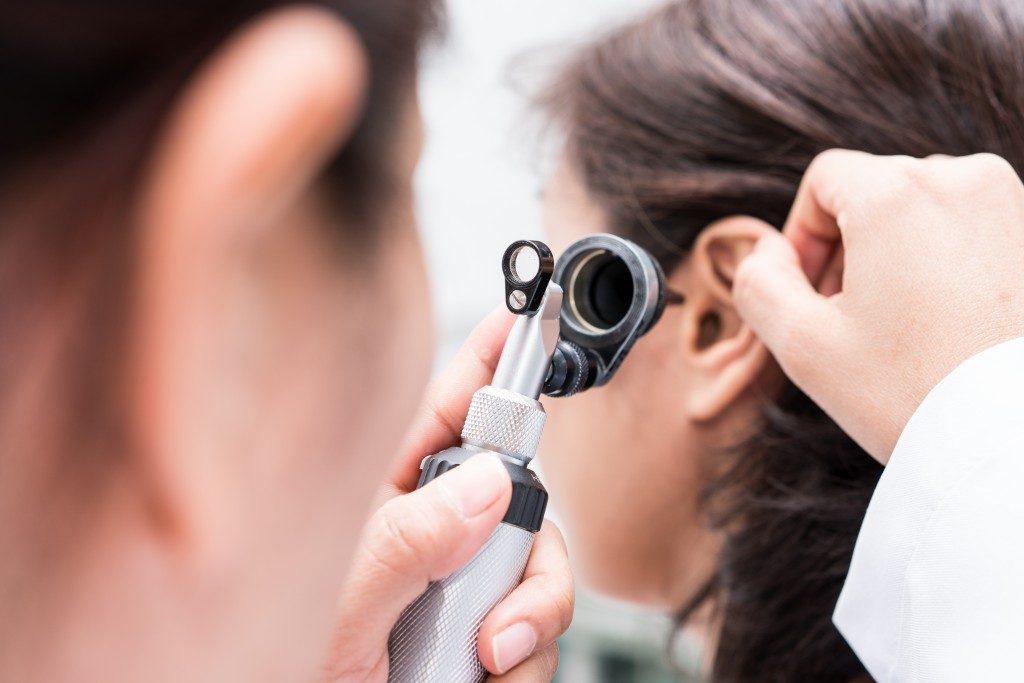Uninsured patients with ear problems should expect to spend up to $250 for a hearing test, but the price can be more or less expensive depending on the clinic and ear doctor.
Clinical tests are often necessary to determine if you need to use hearing aids. In Denver, CO, you can pay at least $100 up to $4,000 for this device. You could no longer pay for a hearing test if you consider spending as much as possible for the higher-priced product. It’s also better to spend a bit more for product warranties, preferably one that covers at least 12 months of use after purchase.
What Your Insurance Can Cover
Patients with health insurance will not have to worry about expenses, but take note that some policies only cover a certain amount. A visit to an ear doctor might require a copay worth $5 to $75 for each appointment. On average, Americans spend $19 for regular copays on medical consultation. Ask your insurance provider if it could reimburse your expenses on a hearing device, although the maximum amount usually covers up to 85% of the total cost.
If you were a former member of the military, the Veteran’s Administration should generally pay for all of your expenses when purchasing a hearing aid. Since some products offer free hearing tests, you don’t have to spend a dime on anything.
How to Save Money
The best way to save money from a hearing test requires you to look for clinics that offer free screenings, even if you don’t plan on buying a hearing aid. This is beneficial for those who are hesitant on paying for the device just to avail of the free consultation. If it’s a problem that can be resolved with medicine, buying a hearing aid outright could be a waste of money.
But once the doctor diagnoses problems with your auditory sense, the next thing to do involves shopping around for clinics that provide patients with flexible payment options. Uninsured patients shouldn’t use their credit cards to avoid taking on an enormous debt.
The Financial Impact of Hearing Loss

Hearing loss can affect anyone yet older people nearing their senior years are more prone to it. Your decision not to buy a hearing aid to save money could actually be hurting your potential income. Better Hearing Institute’s study showed that those who neglect their hearing problems could lose $12,000 per year on average.
If you rely more on your ear to earn a living, the reduced income may surge up to $30,000 every year. Wearing a hearing aid doesn’t necessarily guarantee that you would make more, but the study claimed that using one can reduce the chances of income loss by up to 50%.
While striking a balance between saving money and wanting a high-quality hearing aid can be difficult, you can still have a decent one with the help of a licensed professional. The best way to save money, especially for uninsured patients, requires them to choose from hearing aids launched in recent years. Newer ones tend to be more expensive since it features innovative technology.

